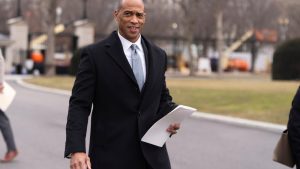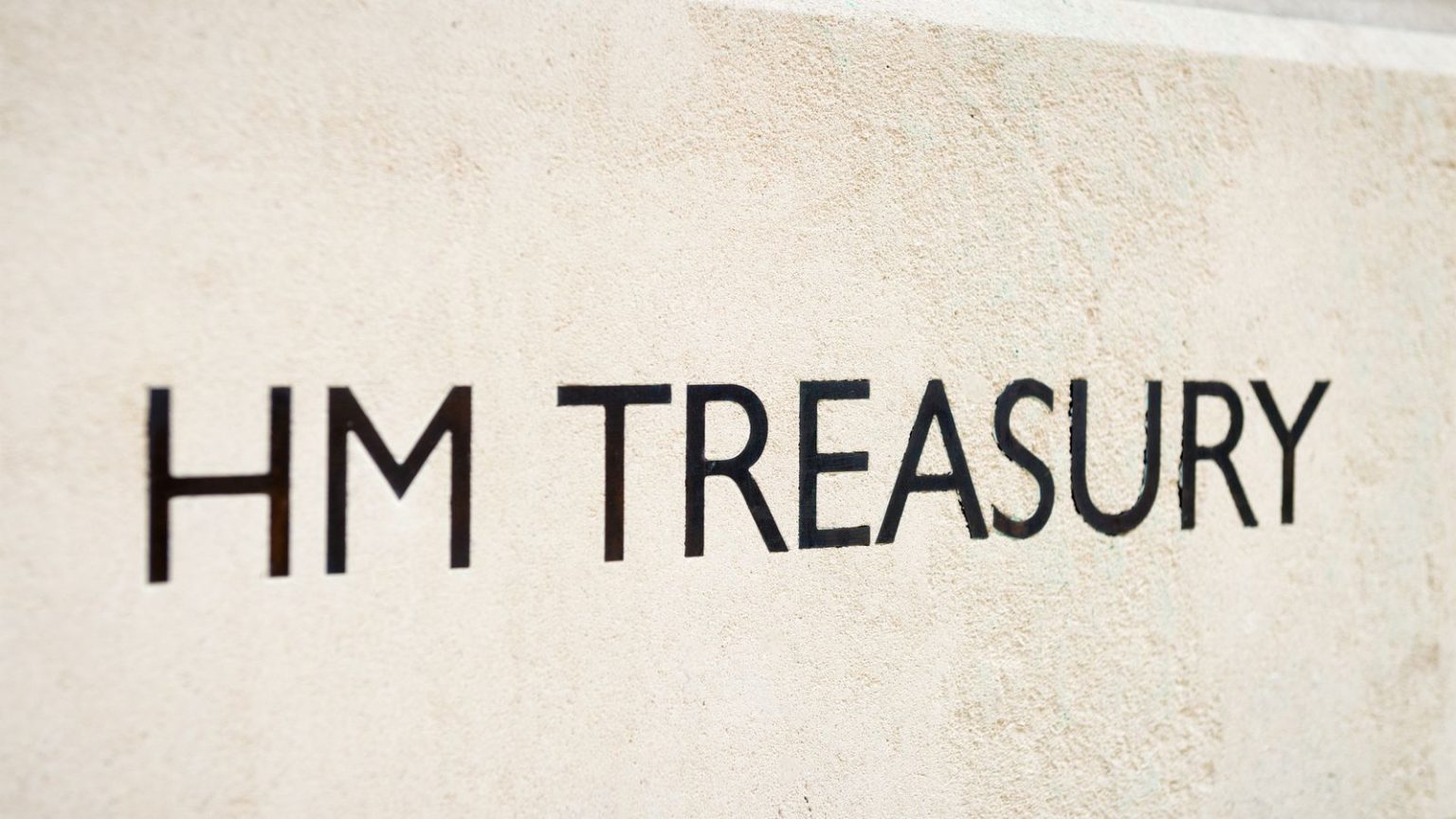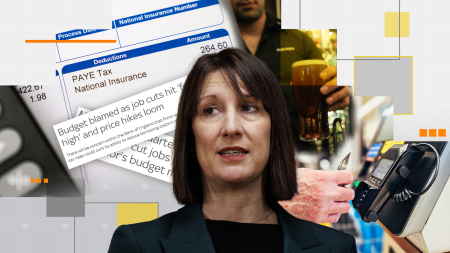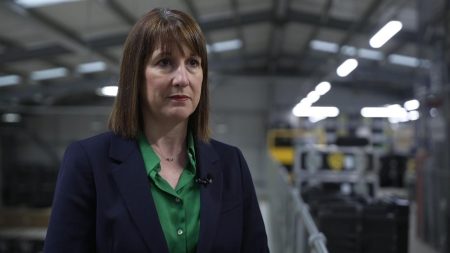Leak Inquiry Launched After Economic Growth Forecasts Reduced
The UK government has initiated a leak inquiry following reports that the Office for Budget Responsibility (OBR) has downwardly revised its economic growth forecasts. These forecasts were recently submitted to Chancellor Rachel Reeves, sparking concerns about potential spending cuts or tax increases. The inquiry was confirmed by Treasury Permanent Secretary James Bowler, who emphasized the seriousness of the matter and the need to maintain confidentiality until the official release of the forecasts in March. However, Bowler also sought to downplay the implications of the leak, noting that approximately 50 Treasury officials had access to the sensitive data, making it challenging to identify the source of the leak.
Political Implications of Slower Growth
The reduction in growth forecasts presents a significant challenge for the government, which has struggled to stimulate economic growth since last year’s election. Businesses have expressed dissatisfaction with measures introduced in Chancellor Reeves’ first budget, and Labour’s ambitious plans for house building and development have yet to materialize in the economic forecasts. The downward revision of growth forecasts could complicate the government’s fiscal strategy, potentially leading to further austerity measures or tax hikes. This comes at a time when the government is already under pressure to deliver on its promises of economic revival and improved living standards.
A "Yes Minister" Moment: The Leak Inquiry Farce
The situation has drawn comparisons to the classic BBC satire "Yes Minister," where fictional civil servants often use bureaucratic language to obscure the truth. Jon Craig, chief political correspondent, likened the situation to an episode where a leak inquiry is announced, but the actual culprit is never found. He noted the irony of such inquiries, which often serve more to protect reputations than to uncover the truth. Craig also highlighted the absurdity of past leak inquiries, such as one ordered by Sir Jeremy Heywood, the former cabinet secretary, who once investigated the leak of a letter he wrote warning against leaks.
Government’s Bullish Stance on the Economy
Despite the gloomy forecasts, Downing Street has sought to maintain an optimistic tone, citing recent upgrades to the UK’s growth prospects by international organizations such as the OECD and the IMF. A spokesperson for Number 10 emphasized the government’s relentless focus on growth as the key to raising living standards and funding public services. However, the revised forecasts still predict growth below 2%, and the Bank of England has also reduced its expectations for UK economic growth, forecasting just 0.75% growth in 2025 before a modest recovery in subsequent years.
The OBR’s Crucial Role in Fiscal Policy
The OBR’s forecasts play a pivotal role in shaping the government’s fiscal policy, as they are used to assess whether the Treasury is meeting its fiscal rules. The independence of the OBR is crucial in maintaining the credibility of these forecasts, and any investigation into the leak will need to balance the need for accountability with the body’s autonomy. The stakes are high, as the UK’s economic performance in 2024 will be revealed with the upcoming GDP figures, providing further insight into the challenges facing the government.
The Broader Economic Context and Public Expectations
As the government grapples with the implications of reduced growth forecasts, the broader economic context remains uncertain. The leak inquiry serves as a reminder of the challenges of maintaining confidentiality in an age of rapid information dissemination. For the public, the key concern is how the government will respond to these economic headwinds while maintaining its commitment to growth and improved living standards. With the next OBR forecast due in March, all eyes will be on whether the government can deliver on its economic promises or if further austerity measures will be required. The coming months will be critical in determining the trajectory of the UK economy and the government’s ability to navigate these challenging times.















